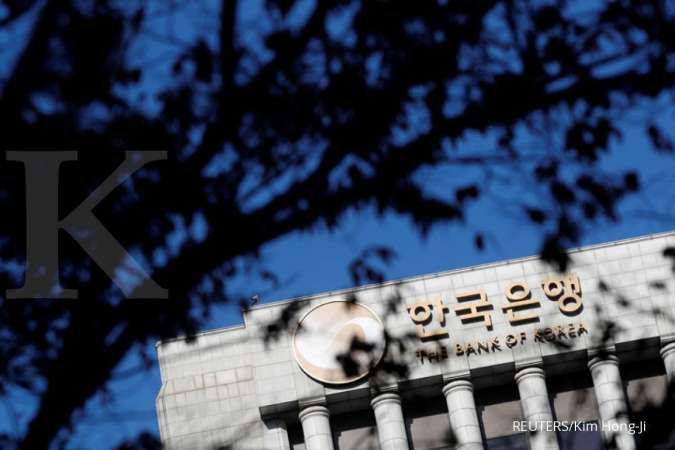INTEREST RATES STILL RISING
The rise in central bank policy rates to fight inflation continues to weigh on economic activity, the IMF said, adding that the U.S. Federal Reserve and the Bank of England were expected to raise rates by more than assumed in April, before cutting rates next year.
It said central banks should remain focused on fighting inflation, strengthening financial supervision and risk monitoring. If further strains appeared, countries should provide liquidity quickly, it said.
The fund also advised countries to build fiscal buffers to gird for further shocks and ensure support for the most vulnerable.
"We have to be very vigilant on the health of the financial sector ... because we could have something that basically seizes up very quickly," Gourinchas said. "There is always a risk that if financial conditions tighten, that can have a disproportionate effect on emerging market and developing economies."
The IMF said unfavorable inflation data could trigger a sudden rise in market expectations regarding interest rates, which could further tighten financial conditions, putting stress on banks and nonbank institutions - especially those exposed to commercial real estate.
"Contagion effects are possible, and a flight to safety, with an attendant appreciation of reserve currencies, would trigger negative ripple effects for global trade and growth," the IMF said.
Fragmentation of the global economy given the war in Ukraine and other geopolitical tensions remained another key risk, especially for developing economies, Gourinchas said. This could lead to more restrictions on trade, especially in strategic goods such as critical minerals, cross-border movements of capital, technology and workers, and international payments.
/2021/07/30/202864068p.jpg)














